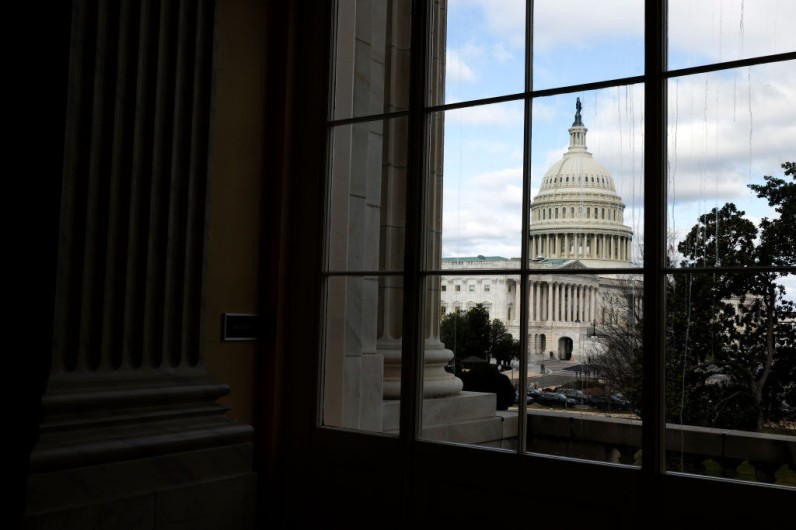The House of Representatives approved on Wednesday a $78 billion bipartisan package that will boost the child tax credit for millions of lower-income families and enhance three tax breaks for businesses.
According to Reuters, the temporary tax measure would increase the Child Tax Credit and restore income deductions on business research and development and some capital investments until 2025. The bill passed by a strong bipartisan vote of 357-70.

Republicans, Democrats Throw Their Support Behind the Bill
The measure, a rare example of cooperation between Republicans and Democrats amid a deadlock over government funding, got a green light from House Speaker Mike Johnson after negotiations with fellow Republicans concerned about the absence of tax relief for state and local taxes (SALT).
Johnson pledged continued collaboration to address SALT-related issues in consultation with House Ways and Means Committee Chairman Jason Smith.
Boosting the Child Tax Credit Faced Opposition
However, the package faced opposition from hardline conservative Republicans during the debate. They criticized the provision increasing cash payments for Child Tax Credit claimants, reaching up to $2,100 per child by 2025, with a total cost of $33.5 billion.
GOP Representative Matt Gaetz dubbed it a "welfare bill in drag" and decried it for providing "corporate welfare." On the other hand, Democrat Representative Rosa DeLauro noted that the bill would pile more tax breaks on corporations while failing to effectively address poverty.
"I cannot vote for a deal that lopsidedly benefits big corporations... The deal is inequitable," DeLauro said.
According to the Associated Press, Republicans were itching to restore full and immediate deductions that businesses can get when buying new equipment and machinery and spending on domestic research and development.
They claimed that these investments boost the economy and incentivize US firms to keep their manufacturing facilities and operations in the country. The bill will give businesses more flexibility in knowing how much borrowing can be deducted.
For his part, Smith emphasized the business advantages of reinstating immediate deductions passed under former President Donald Trump, which expired in 2022.
The legislation additionally removes the issue of double taxation for businesses and individuals engaged in operations in the US and Taiwan, aiming to boost significant research, development, and investments in small businesses.







Join the Conversation